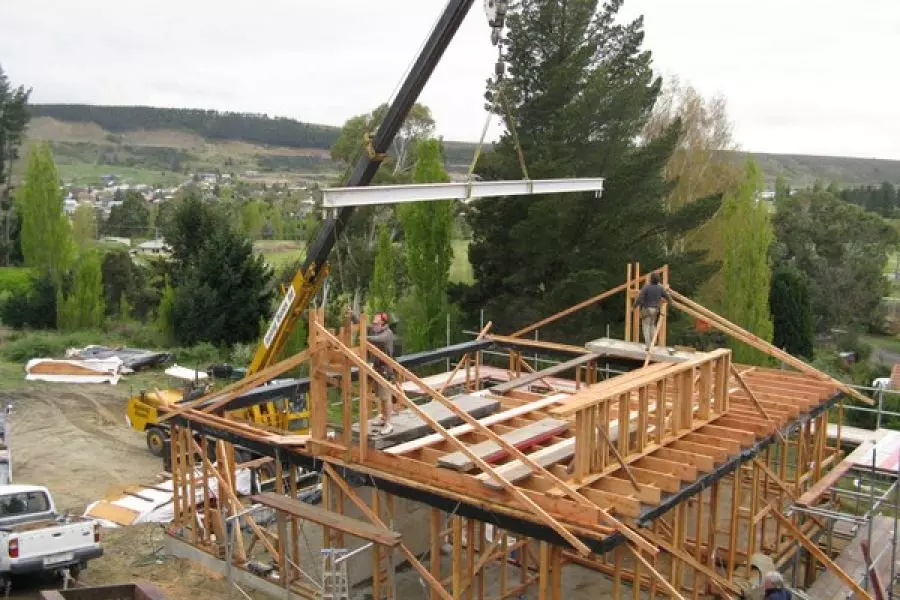News
Consents at 45 year high

Tuesday 2nd of July 2019
Nationally, a total of 3,687 new dwellings were consented in May, according to the latest Stats NZ data. Once seasonally adjusted, this was an increase of 13% on April 2019.
Stats NZ construction statistics manager Melissa McKenzie says that’s the largest number of new dwellings consented in a month since May 1974 when 3,786 were consented.
“A significant increase in...
Want to read the full article?
Click the button below to subscribe and will have unlimited access to full article and all other articles on the site.






![[The Wrap] Bye Bye Bayly](https://goodreturns.publit.io/file/c_fill,w_900,h_600/39f23ac1-f7c7-4854-b700-a150004ebbac.webp)


